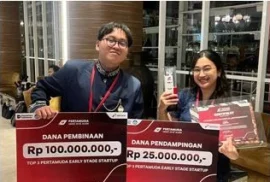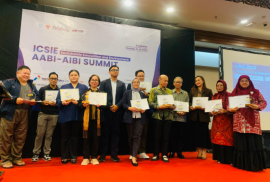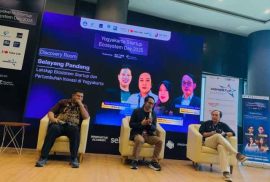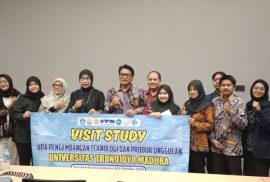
Innovative Talk as part of the Innovative Academy entrepreneurs program from Directorate of Business Development and Incubation Universitas Gadjah Mada (UGM) in collaboration with Kibar, held at Graha Sabha Pramana UGM, Tuesday (29/09/2015).
Innovative Talk is entrepreneur seminar collaboration between the Directorate of Business Development and Incubation UGM dan Zilliun. The theme of Innovative Talk is a Digital Ecosystem for Social Change. Some of the speakers who attended were representatives 8village, Google Indonesia, GoArchipelago, iGrow.Asia, Kibar and the Director of Business Development and Incubation UGM.
Shinto Nugroho, Head of Public Policy and Government Relationship Google Indonesia, said that about 50% of Indonesia’s population is a digital native communities, which have technological literacy.
“Once you can read and write, at 5 years old, they have already familiar with the internet name. Searching and sharing information, principally the internet part of life,” said Shinto.
Shinto said the Indonesian people have a passion for trying new things, but only up to a potential user. Creators who able to create new things are still a little.
“What about the new creators? Do not just as a user, we must continue to learn, to be able to create new applications,” she said.
Shinto added, the developers are required to be able to learn to code, from learning code which is a basic skill which must be possessed.
After that, the idea of ??making the products must be creative and the produced should be a solution for the problems in the society.
“Create an app that can instantly solve problems that exist in society,” she said.
Dr. Hargo Utomo, M.B.A., Director of Business Development and Incubation UGM, said bahwa Innovative Academy is part of the change to build a good nation forward.
He urged the students to not only demo, vent emotions, but never give a solution. With intelligence can provide solutions to the environmental community.
“Start with solutions that close. We want to change to one that provides a real solution to the community,” he said.
Yansen Kamto, Chief Executive Kibar, said that this is one opportunity that really should be utilized. UGM initiate to build this program, so that the chance of creating new creative application will be a lot.
“We see that the problem is an opportunity to bring solutions to develop innovative startup productss,” said Yansen.
Along with Innovative Talk, Sang Kompiang Wirawan, S.T., M.T., Ph.D., announced the opening of Innovative Academy #3, to catch new creative ideas that is organized by the Directorate of Business Development and Incubation UGM. Registration can be done online at www.innovative.ugm.ac.id.
In the last session, three speakers from a variety of the latest startup describe their experience in building their startup. Sanny Gaddafi shared his experience in building 8villages, cell phone applications for world agriculture. 8villages utilize mobile phone technology to the business needs that allow users to communicate directly with the farmers on a certain scale, acquire relevant knowledge, and increase consumer engagement.
Henry Vienayoko, GoArchipelago explained that his startup is a traveler community who wanted to show the sensation of traveling in accordance with the daily life of local villagers. GoArchipelago is an appropriate application for travelers who have a spirit of adventure and want to enjoy “travelling” from different sides. In his website, one of the favorite journeys is located in Semarang-Ambarawa-Bandungan for 2 days. Travelers can enjoy five senses experience: sight (monument, temple, old train, and nature), hear (birds and fisherman), touch (Goosebumps), taste (traditional local food) and scent (local food and fresh water).
Andreas Senjaya with his startup iGrow.asia explained that he was building a cloud platform for people who are interested in agriculture, but it has limited land, knowledge in planting and harvesting. During this time iGrow.asia has planted more than 27,000 seedlings and has helped reduce the carbon emissions of around 150,000 kg. Among the seeds are provided, namely: bananas, nuts, rubber, durian, and wine.
